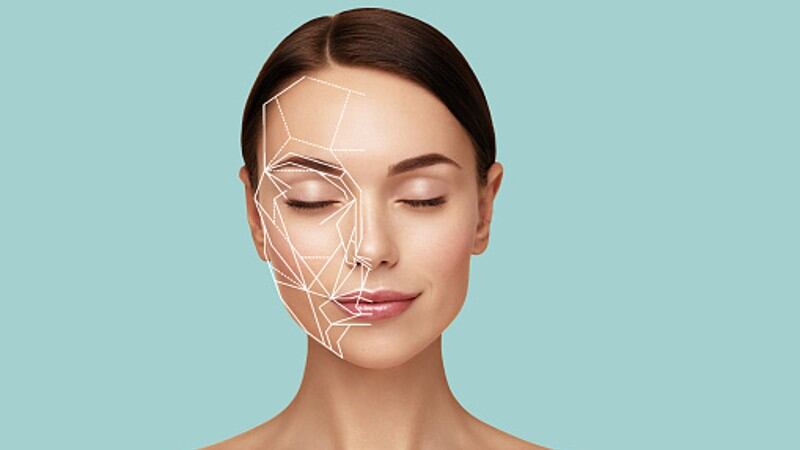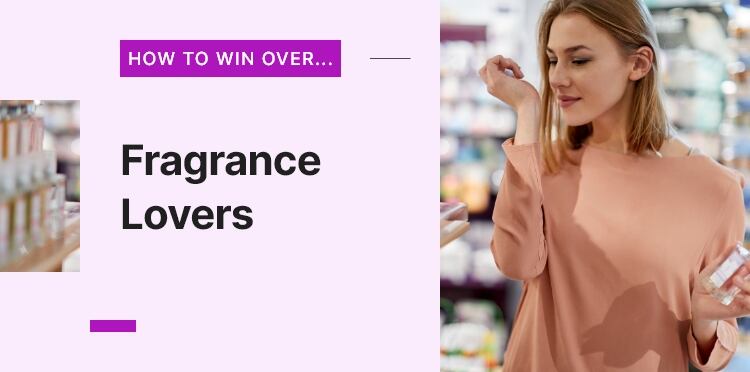“Intersectional beauty is based on the concept that every consumer has a multitude of diverse needs that layer on top of each other. This brings a new challenge, as there are almost as many consumer targets as there are individuals,” said Michael Nolte, Senior VP and Creative Director of trend specialist Beautystreams, at CosmoProf Asia in Singapore.
“Nowadays, people have access to trends all around the world. For example, I may be German, but I choose to eat Korean food. Every individual has their own needs and preferences, so what we need to do is to make every consumer feel personally addressed on a physical, cultural and spiritual level.”
He also noted the importance of focusing on ‘true product innovation’ to meet the multifaceted needs of a target audience, instead of jumping on the bandwagon of trends.
While the advancement of artificial intelligence (AI) technology remains crucial for understanding of consumer behaviours, ultimately it is the human element that gives soul to a brand and attracts consumers.
“The growth of metaverse does not mean that retail is dead, but rather an extension of our physical reality. Retail now takes on a new role — it creates reasons for consumers to ‘switch off’ their avatars and focus on their physical selves,” Nolte added.
All-round care
The pursuit of holistic beauty will continue to drive the development of diagnostic tools, products and services that not only nourish the skin, but also contribute to psychological well-being.
With beauty and personal care proving to be an essential part of self-care, this highlights a potential for growth in products that regulate oxytocin and endorphin levels.
Mobile apps and home devices that provide monitoring of consumers’ physical and emotional wellness could also see new opportunities.
In addition, product formulations should factor in consumer lifestyle and beliefs, local climate, seasons, air and water quality, as well as other areas that are not currently addressed, such as consumers of higher age (80 years and above) and those with special needs or disability.
Another key aspect of inclusivity is breaking away from the gender binary, even though colour cosmetics for men and gender-neutral fragrances are already gaining importance.
Personalisation can help avoid overly stereotyped representations. As more and more consumers are seeking products based on their claims and not gender labels, it is imperative that product development and marketing strategies are aimed at fulfilling unmet needs rather than gender-based appeals.
Under greater scrutiny
Besides cruelty-free and fair-trade claims, which have become an integral part of the beauty industry, beauty companies will be increasingly scrutinised by consumers for their ‘ethical correctness’.
They are judged not just by the ‘made in’ label and origin of a product’s raw materials, but also the ‘made by’ aspect — the people behind production and how they are being treated.
There is also perceived value in brands that support local communities, invest in refillable, reusable or recyclable packaging, take actions to atone past ecological ‘sins’, and that do not promote excessive consumerism.
“Companies should take into account the full ecological impact of a product, including its carbon and water footprint, and the use of renewable energies, and have clear goals for a circular economy,” said Nolte.





